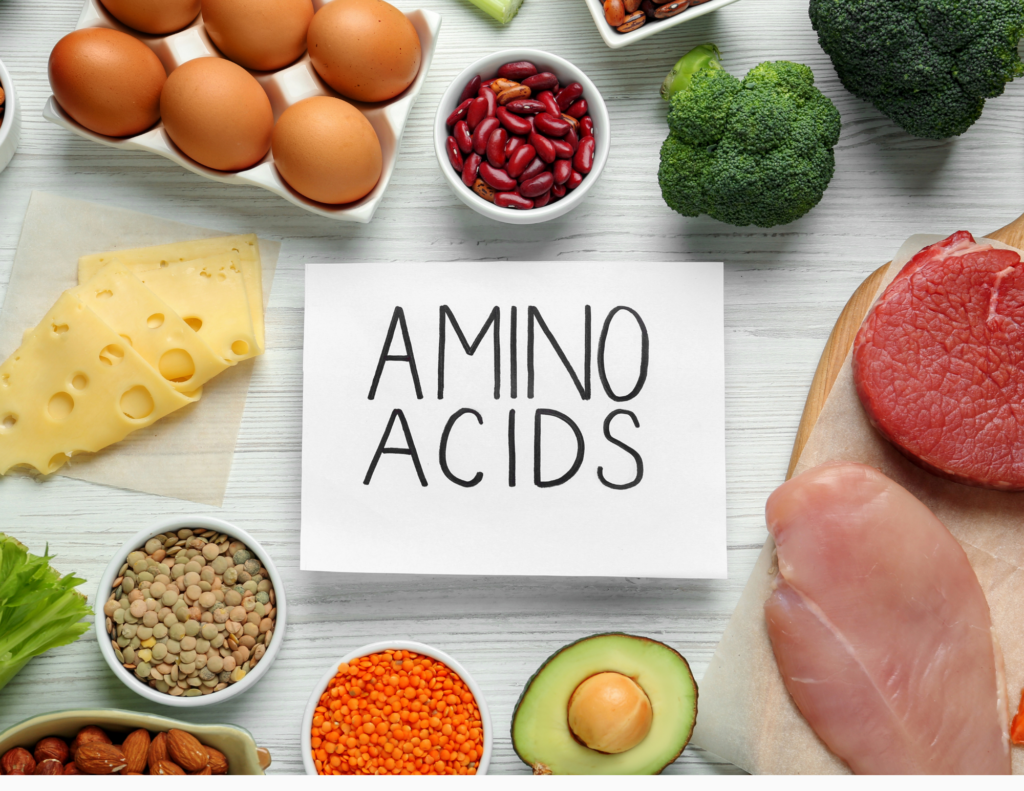How Many Eggs Can You Eat Per Day? It is recommended to consume about 1 to 2 eggs per day.Do you believe that “if you have high cholesterol, you shouldn’t eat eggs”? In fact, the current dietary guidelines from Japan’s Ministry of Health, Labour and Welfare do not set an upper limit for dietary cholesterol intake. This is because cholesterol absorption rates vary among individuals, making it difficult to establish a standard. About 70–80% of the body’s total cholesterol is produced internally by the liver, intestines, and skin, while only 20–30% comes from dietary sources. Although egg consumption does not directly impact blood cholesterol levels, if you have conditions such as dyslipidemia, it is important to have regular blood tests and consult with your doctor to determine an appropriate intake.

The Amazing Nutrition of Eggs! Eggs are rich in protein, fats, vitamins, and minerals. They provide essential protein, which serves as a building block for muscles, blood, bones, skin, and hair, as well as fats, which are a vital source of energy. Eggs also contain a well-balanced array of vitamins, including vitamin B2, B12, D, A, and E.The “Amino Acid Score” is a measure of how well a food’s protein contains essential amino acids, rated on a scale of 100. Foods that score 100 include beef, pork, chicken, fish, tofu, natto, milk, and, of course, eggs!

Proper Storage of Eggs After purchase, store eggs in the refrigerator at 10°C or below. Salmonella bacteria growth is suppressed in environments below this temperature. To prevent condensation from forming on the eggshell due to temperature and humidity differences—which can lead to bacterial growth and spoilage—store eggs in a part of the refrigerator with minimal temperature fluctuations. For longer freshness, store eggs with the pointed end facing downward. The shelf life of raw eggs is about two weeks. Boiled eggs should be consumed within 2–3 days, while cooked dishes like omelets should be eaten within two days. Eggs can also be frozen in their shells, after being cracked, or after cooking, but be aware that freezing may cause the shell to crack and affect the texture.

Why Eggs in Japan Can Be Eaten Raw In Japan, eggs are safely distributed with the assumption that they will be eaten raw. This is achieved through strict hygiene management, including washing eggs in water above 30°C and sterilizing them according to the Food Sanitation Act. In contrast, in many other countries, eggs may be contaminated with Salmonella bacteria, making raw consumption unsafe. Besides Japan, countries where eating raw eggs is common include France, Chile, Poland, South Korea, and Taiwan.

Eggs Have Been Eaten Since Ancient Times According to ancient Egyptian documents, eggs were already being consumed around 1500 BCE. In Japan, chickens were introduced from China via the Korean Peninsula approximately 2,500 years ago, but eggs only became a common food during the Edo period. It was not until the Taisho era, when poultry farming became widespread, that eggs became a staple for the general public.

This article was written by Occupational Health Nurse Sonoe Kowada